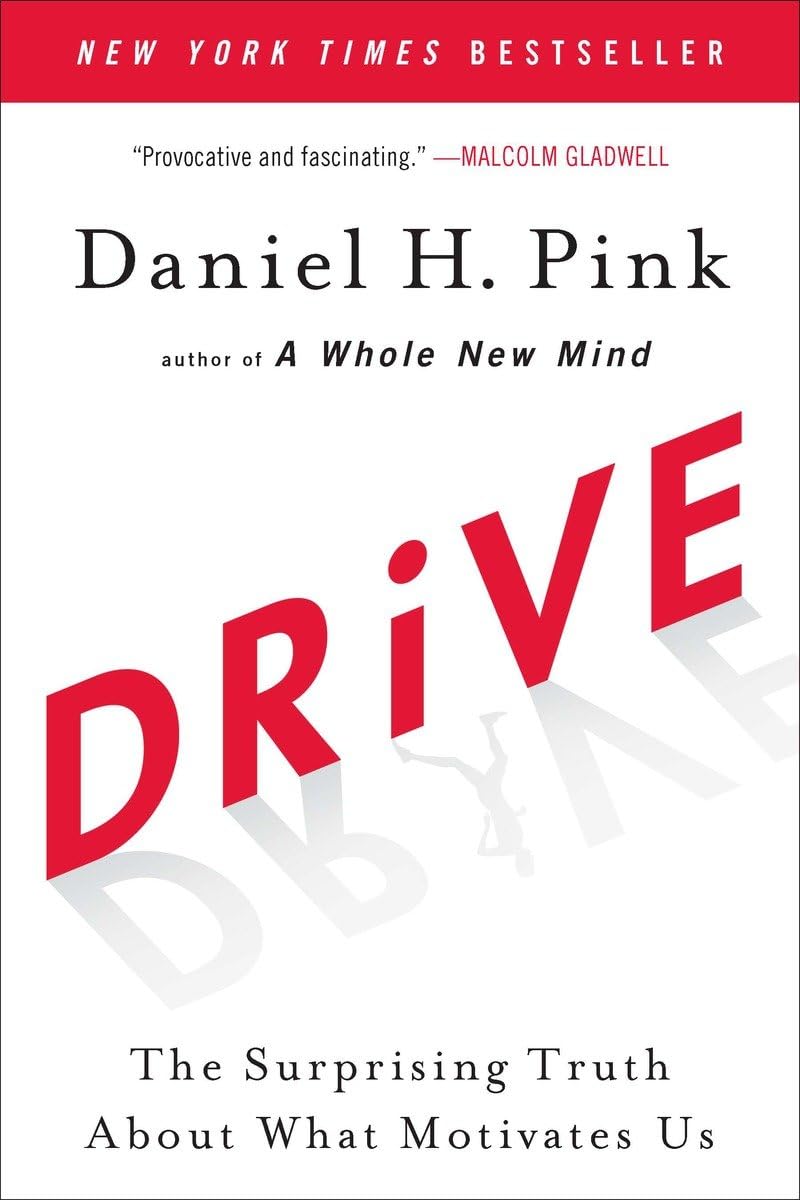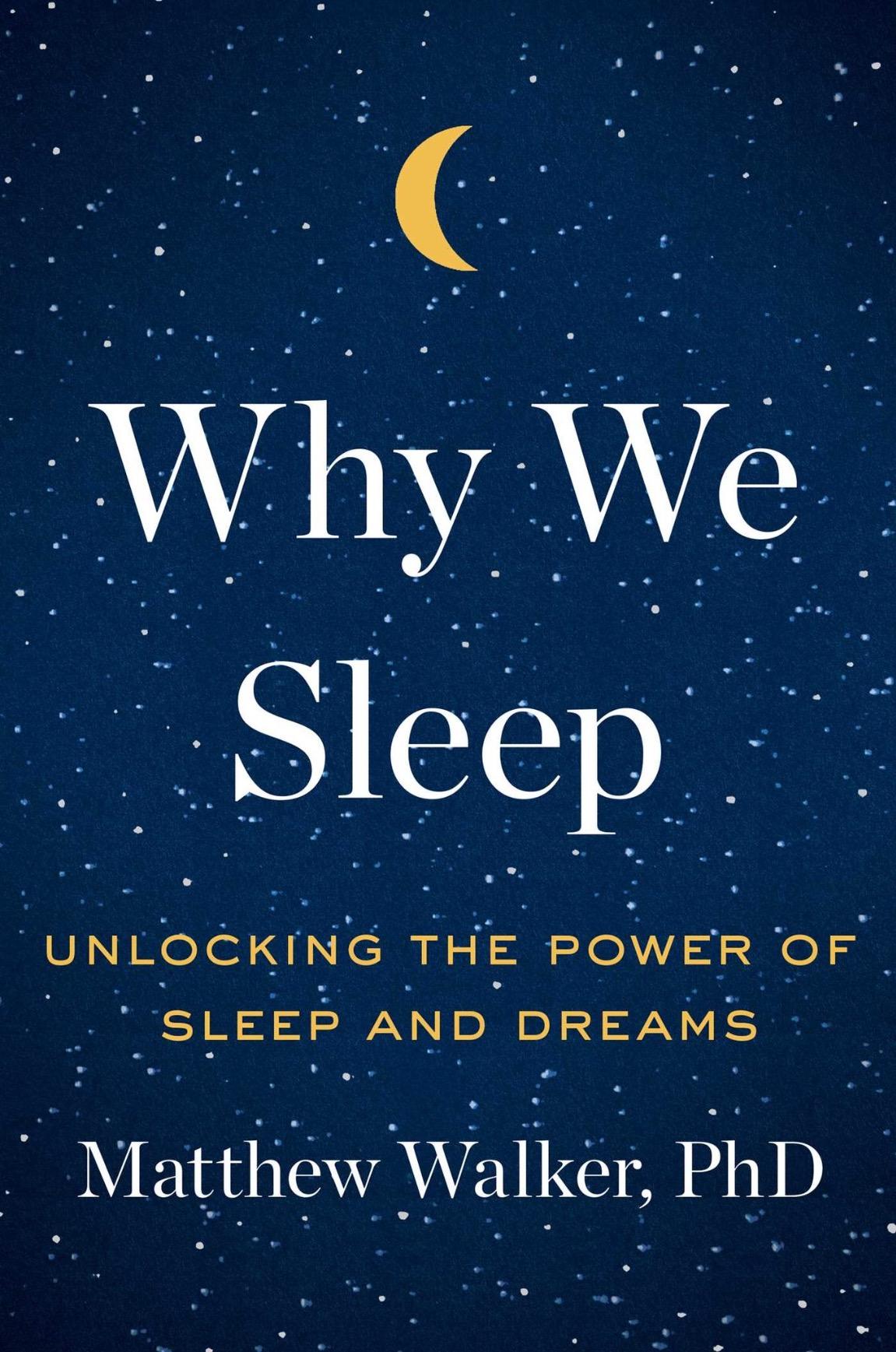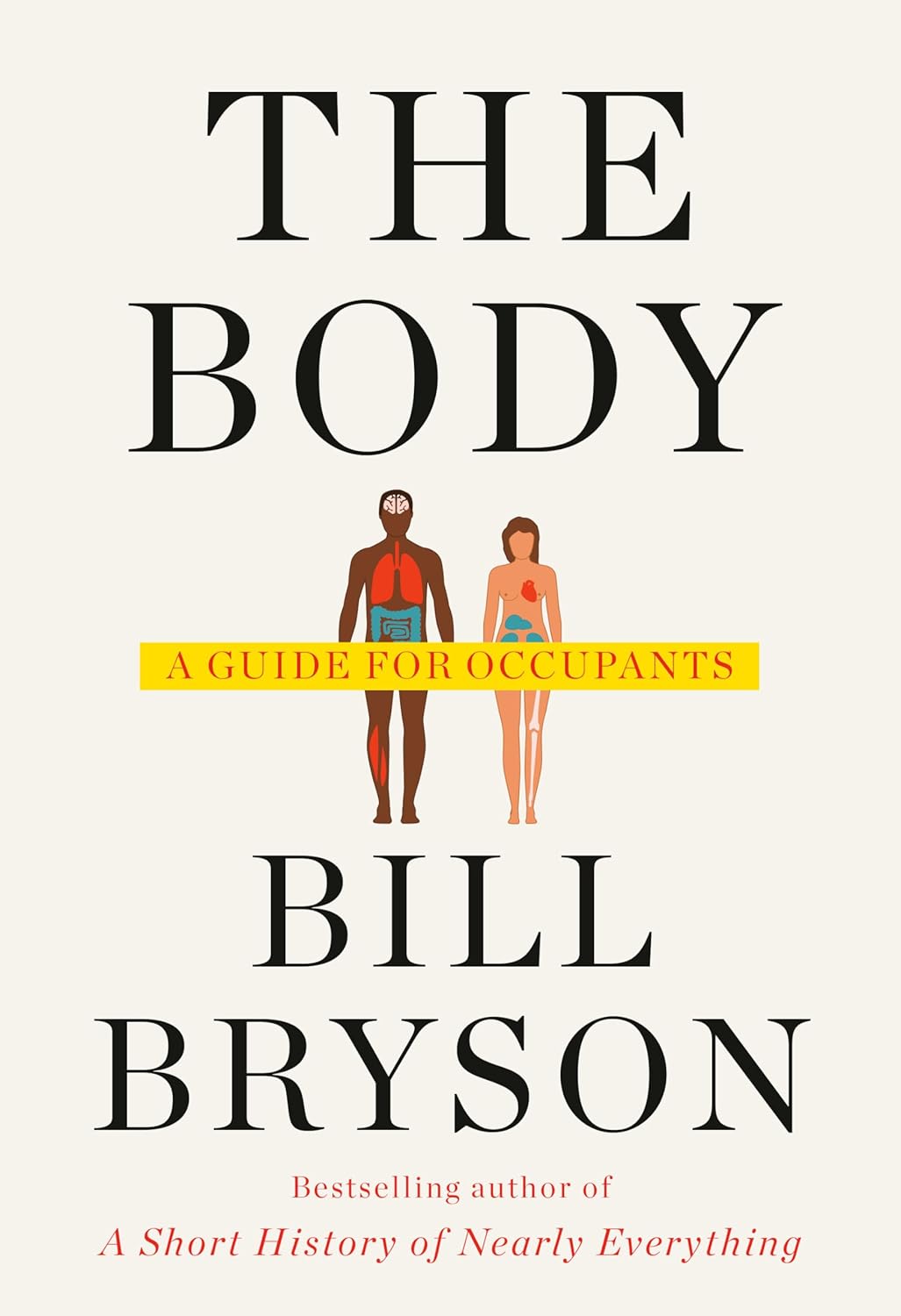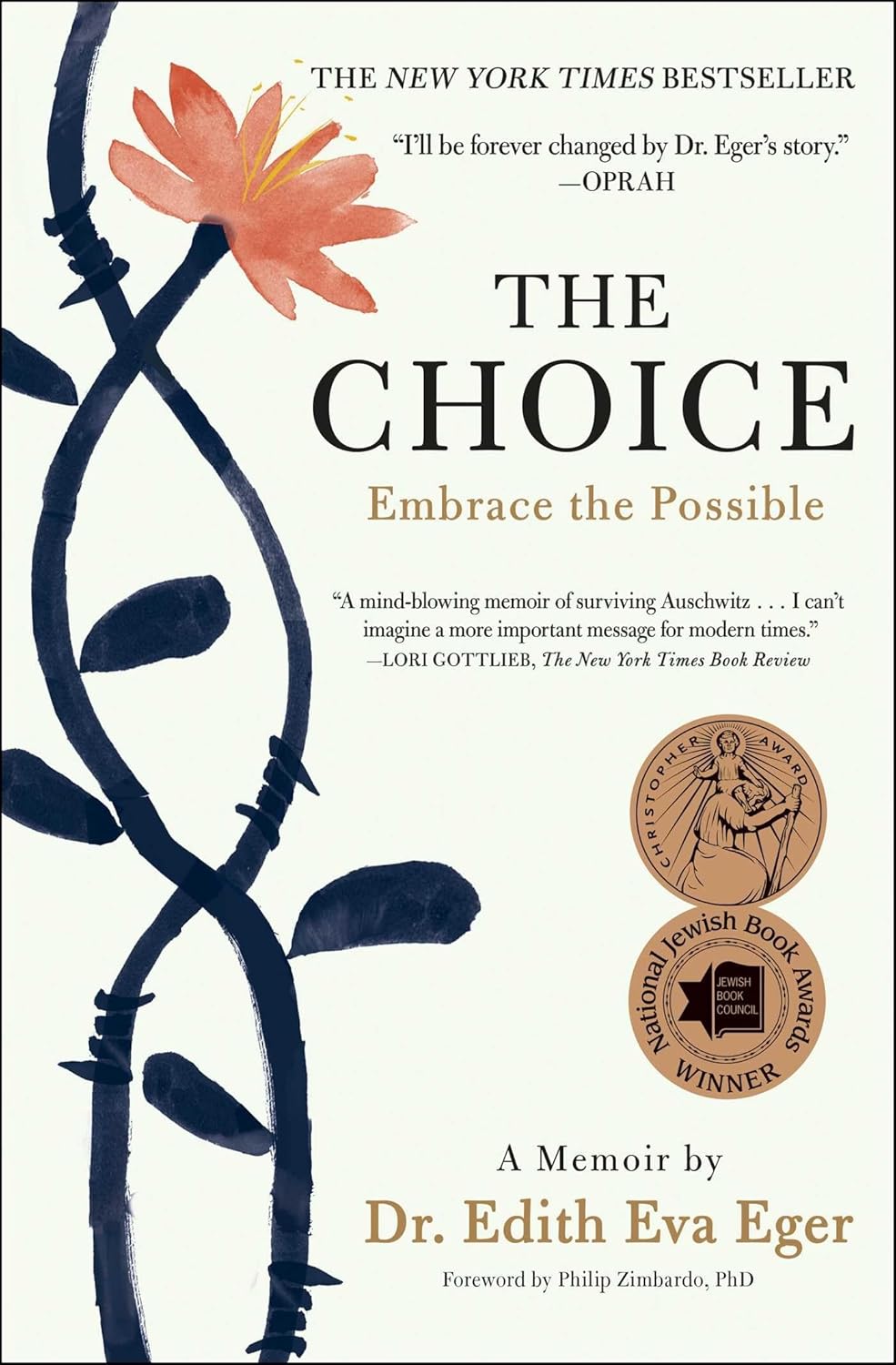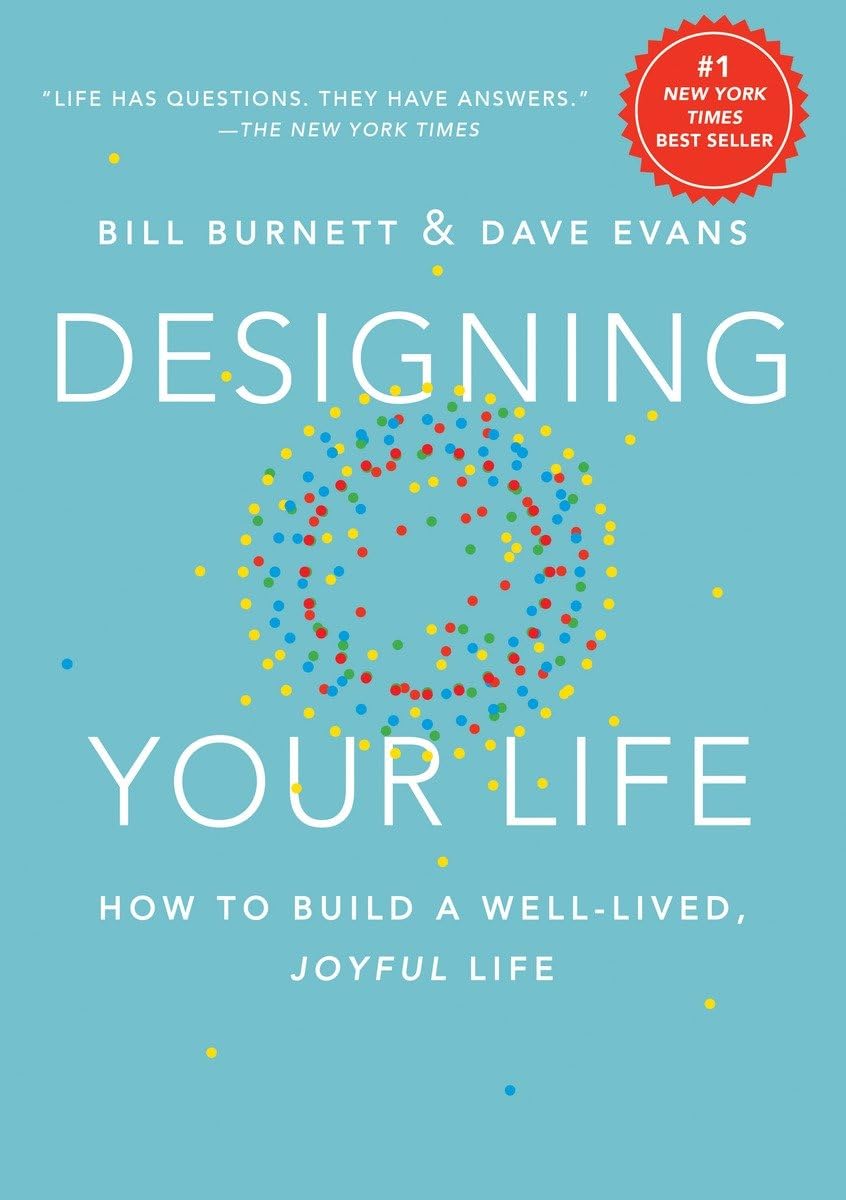
Buy The Book
Chapter
- PART 1 – Solitude: Learning to Love Yourself
- ✦ RULE 1: Let Yourself Be Alone
- ✦ RULE 2: Don’t Ignore Your Karma
- PART 2 – Compatibility: Learning to Love Others
- ✦ RULE 3: Define Love Before You Think It, Feel It, or Say It
- ✦ RULE 4: Your Partner Is Your Guru
- ✦ RULE 5: Purpose Comes First
- PART 3 – Healing: Learning to Love Through Struggle
- ✦ RULE 6: Win or Lose Together
- ✦ RULE 7: You Don’t Break in a Breakup
- PART 4 – Connection: Learning to Love Everyone
- ✦ RULE 8: Love Again and Again
8 Rules of Love: How to Find It, Keep It, and Let It Go

About
Authored by Jay Shetty, a former monk and social media influencer, “8 Rules of Love” explores the art of building and sustaining meaningful relationships by weaving ancient Vedic wisdom with modern relationship challenges. Shetty guides readers through four “ashrams” or stages of love: Brahmacharya (preparing for love), Grhastha (practicing love), Vanaprastha (protecting love), and Sannyasa (perfecting love).
Within these stages, Shetty outlines eight fundamental rules to navigate the complexities of relationships. These rules encompass self-love and understanding its importance, not ignoring the karmic cycle, prioritizing your purpose with compassion, and recognizing your partner as a guru and cultivating a selfless relationship.
By providing practical exercises and reflections, Shetty encourages readers to cultivate love through self-awareness, effective communication, and a deeper understanding of their partners. “8 Rules of Love” aims to empower individuals to navigate relationships consciously, build lasting connections, and foster personal growth along the way.

Spark
Learn
Review
PART 1 – Solitude: Learning to Love Yourself
✦ RULE 1: Let Yourself Be Alone
Solitude is a gift that allows for deep self-discovery and personal growth. Spending time alone offers the chance to reflect on personal values, desires, and fears without external distractions. It’s not about isolating yourself or succumbing to loneliness, but creating intentional moments to truly connect with yourself. This period of solitude is a foundation for strengthening emotional independence, which is essential for building healthy relationships in the future. Without understanding and accepting yourself, it becomes difficult to offer genuine love to others.
Being alone provides clarity. It’s a time to revisit patterns in past relationships and understand why certain dynamics occurred. Were there moments when boundaries weren’t respected? Were there times when personal needs were ignored? Solitude allows for honest, sometimes uncomfortable introspection, helping to identify what must change to create healthier connections moving forward. This is also the time to address unresolved emotions and heal from past wounds, ensuring that future relationships aren’t burdened by unprocessed pain.
During this phase, nurturing passions, hobbies, and a sense of purpose becomes crucial. Engaging in activities that bring joy and fulfillment helps develop a sense of identity that isn’t reliant on anyone else. This strengthens the relationship with oneself, making it easier to approach future relationships from a place of completeness rather than neediness. It’s about filling your own emotional cup so you’re not depending on someone else to do it for you.
Being comfortable in your own company teaches resilience. It’s a reminder that happiness is something cultivated within, not something found solely in a partner. It shifts the focus from seeking validation or love from others to embracing self-love and self-acceptance. This independence ensures that love is pursued not out of fear of being alone but from a place of confidence and self-assurance.
By letting yourself be alone, you create the space to grow, heal, and prepare for the kind of love that aligns with your true self. It’s a necessary step, emphasizing that knowing and loving yourself is the cornerstone of building meaningful, lasting relationships.
✦ RULE 2: Don’t Ignore Your Karma
Past actions, choices, and behaviors shape the present and future of relationships. Karma in this sense isn’t about some cosmic force of retribution but about taking responsibility for the patterns and energy brought into connections. Reflecting on past relationships reveals recurring themes—whether it’s choosing partners who mirror unresolved personal issues or falling into the same unhealthy dynamics. This isn’t about blaming others or yourself, but about gaining awareness of how personal decisions have influenced outcomes in love.
Unpacking these patterns begins with looking inward. Are there beliefs about love or self-worth that stem from childhood experiences or past heartbreaks? Are there habits that sabotage relationships, like avoiding vulnerability or failing to communicate needs? Recognizing these tendencies is the first step in breaking free from cycles that no longer serve you. Without this awareness, the same mistakes are likely to repeat, creating frustration and disappointment.
Taking ownership of personal karma involves being intentional about how you approach love moving forward. It’s about aligning your actions with the values and type of partnership you desire. This might mean practicing forgiveness—both for yourself and others—or letting go of grudges that weigh down emotional well-being. It also means being proactive in cultivating traits like patience, empathy, and honesty, which foster healthier connections.
The energy you bring into relationships matters. By acting with integrity and kindness, you create a space for mutual respect and trust to flourish. What you put out into the world often reflects back, so embodying the qualities you seek in a partner becomes essential. This process requires consistent effort and a willingness to grow, but it’s a transformative step toward building meaningful and lasting bonds.
Acknowledging karma is about empowerment, not punishment. It’s the realization that you have control over the patterns you perpetuate and the ability to create a different future. By addressing past missteps and committing to intentional change, you pave the way for love that is balanced, fulfilling, and rooted in genuine connection. This rule is a reminder that your actions and mindset play a significant role in shaping the relationships you experience.
PART 2 – Compatibility: Learning to Love Others
✦ RULE 3: Define Love Before You Think It, Feel It, or Say It
Love must be clearly understood before it is thought about, felt, or expressed. Without a clear definition, it’s easy to confuse love with fleeting emotions, infatuation, or attachment. Taking the time to define love helps separate its true essence from societal expectations, romantic fantasies, or assumptions based on past experiences. This clarity prevents miscommunication and disappointment in relationships, as it ensures both partners are aligned in their understanding of what love means.
Love is often mistaken for a variety of emotions or behaviors that, while powerful, do not encompass its full depth. For instance, attraction and passion might ignite a connection, but they are not enough to sustain a relationship. Similarly, acts of kindness can express care, but without a deeper connection, they don’t define love in its entirety. Defining love means going beyond surface-level feelings and recognizing it as a conscious choice and a commitment to growth, trust, and mutual respect.
Recognizing what love truly means also involves reflecting on personal experiences and beliefs. Past relationships, family dynamics, and cultural influences often shape individual perceptions of love, sometimes in ways that create unrealistic expectations or unhealthy habits. A thoughtful definition allows for a more balanced and grounded approach, ensuring love is rooted in reality rather than illusion.
Once defined, love can be approached with greater intentionality. Thinking about love with clarity helps guide thoughts and actions in relationships, while understanding its deeper meaning allows emotions to flow more authentically. Expressing love becomes a deliberate act, not just words spoken in the heat of the moment. This intentionality strengthens connections and builds trust, as both partners feel secure in the shared understanding of what love represents.
By defining love before thinking it, feeling it, or saying it, relationships are elevated from impulsive reactions to meaningful, purposeful connections. Love becomes a conscious and ongoing choice, built on a foundation of clarity, honesty, and shared values.
✦ RULE 4: Your Partner Is Your Guru
A partner can become a profound source of growth and learning, much like a teacher or guide. Relationships often reveal hidden aspects of yourself—both strengths and weaknesses—that might otherwise remain unnoticed. Challenges, conflicts, and differences that arise in a partnership are valuable opportunities to reflect, grow, and evolve. Rather than viewing these moments as obstacles, they can be seen as lessons meant to deepen understanding and connection.
A partner acts as a mirror, reflecting back behaviors, attitudes, and insecurities that need attention. For instance, unresolved fears or anxieties may surface in moments of conflict, offering a chance to confront and heal them. Similarly, a partner’s actions or words might highlight areas where patience, empathy, or communication skills can be improved. This dynamic encourages self-awareness and fosters personal transformation.
Learning from a partner doesn’t mean idolizing them or considering them perfect. It’s about recognizing that every interaction, whether joyful or challenging, carries the potential for growth. Even disagreements or misunderstandings can teach valuable lessons about compromise, understanding, and the importance of seeing things from another perspective. A relationship becomes a shared journey of mutual learning, where both partners support and challenge each other to become their best selves.
Approaching a partner as a teacher encourages humility and openness. It shifts the focus from trying to “win” arguments or prove a point to genuinely listening and understanding. This mindset creates a space for honest dialogue and deeper connection. It also helps to appreciate the unique qualities and perspectives a partner brings to the relationship, fostering gratitude and respect.
Rather than expecting perfection, embracing a partner as a guru means accepting that both individuals are growing and evolving together. Mistakes and misunderstandings become opportunities to strengthen the bond rather than weaken it. This approach transforms relationships into a powerful catalyst for personal and mutual development, where love and learning go hand in hand.
✦ RULE 5: Purpose Comes First
Before building a lasting relationship, it’s essential to prioritize personal purpose. A clear sense of purpose provides direction and meaning in life, ensuring that love becomes a complement to your journey rather than a substitute for it. Without a strong foundation of purpose, relationships can lose balance, as one partner might rely too heavily on the other for fulfillment or direction.
Purpose acts as a guide, helping to navigate the complexities of relationships. When you know who you are and what drives you, it becomes easier to choose a partner whose values and goals align with your own. This alignment creates a stronger, more sustainable connection, as both individuals are working toward complementary paths. A shared sense of purpose strengthens the bond, offering a sense of unity and mutual support.
Focusing on purpose first also prevents love from becoming a distraction. When purpose takes precedence, relationships are approached with a sense of balance and clarity. It ensures that love is pursued from a place of wholeness rather than as a way to fill a void. This perspective fosters healthier dynamics, where both partners contribute equally to the relationship without losing sight of their individual growth and aspirations.
Purpose doesn’t mean neglecting love; instead, it provides the foundation for it to thrive. By prioritizing personal goals and passions, you cultivate self-confidence and independence, which are vital for a strong connection. A relationship built on this foundation allows both partners to grow together without compromising their individuality.
When love and purpose are aligned, they amplify each other. A partner who supports your purpose encourages you to reach your full potential, just as you do for them. This mutual encouragement creates a relationship that is not only fulfilling but also empowering.
By putting purpose first, love becomes a partnership rooted in shared values and mutual growth. It’s a reminder that to love deeply and sustainably, you must first be connected to your own path and sense of meaning.
PART 3 – Healing: Learning to Love Through Struggle
✦ RULE 6: Win or Lose Together
A relationship thrives when both partners act as a team, sharing victories and setbacks equally. Rather than viewing challenges as individual burdens or achievements as personal triumphs, it’s essential to embrace the idea that you rise and fall together. This mindset creates unity, ensuring that neither partner feels isolated in moments of difficulty or left out in times of success.
When challenges arise, supporting one another becomes crucial. Blame and defensiveness can damage trust, but approaching problems as a shared responsibility strengthens the bond. Working together to find solutions fosters collaboration and deepens the connection. Similarly, celebrating wins as a team reinforces the idea that every success, no matter whose effort led to it, belongs to both. This perspective eliminates competition and replaces it with mutual encouragement and pride in each other’s accomplishments.
Building this sense of togetherness requires open communication and emotional availability. Sharing feelings, fears, and hopes allows both partners to understand each other’s experiences fully. By doing so, you create a safe space where both of you can grow and thrive, knowing you are supported no matter the outcome.
This approach also requires letting go of ego. It’s not about being right or proving a point but about prioritizing the relationship over individual pride. Recognizing that you’re on the same side fosters empathy and cooperation, making it easier to navigate conflicts without resentment.
Winning or losing together means being present for each other in all circumstances. It’s about showing up consistently, whether times are tough or joyful, and reaffirming that the relationship is a partnership built on shared effort and commitment. This mindset transforms the relationship into a source of strength, where both individuals feel valued, understood, and supported.
By embracing the idea of winning or losing as a team, you create a foundation of trust, unity, and resilience. This strengthens the connection and ensures that the relationship remains balanced and fulfilling, no matter what life brings.
✦ RULE 7: You Don’t Break in a Breakup
A breakup often feels like a shattering experience, but it doesn’t have to define or diminish you. While it may bring pain, loss, and uncertainty, it’s also an opportunity for growth, healing, and self-discovery. Instead of seeing a breakup as the end of your happiness or identity, it can be reframed as a transformative chapter that redirects you toward a better path.
The emotional weight of a breakup can be overwhelming, but it’s important to allow yourself to feel and process those emotions fully. Suppressing grief or anger only prolongs the healing process. Acknowledge the pain and give yourself permission to mourn the loss of the relationship. This is a natural and necessary part of moving forward.
Self-reflection during this time is key. A breakup offers a unique chance to evaluate the relationship and gain insights into what worked, what didn’t, and what lessons can be carried forward. It’s not about blaming yourself or the other person but understanding how the experience can shape your future approach to love and connection. This clarity helps you grow emotionally and prepares you for healthier relationships in the future.
While it’s tempting to dwell on what’s been lost, focusing on self-care and personal growth is essential. Reconnect with your passions, strengthen your sense of purpose, and nurture the relationships and activities that bring you joy. This time is an opportunity to rebuild and rediscover who you are outside of the relationship.
A breakup doesn’t mean you’re broken. It doesn’t define your worth or your capacity to love again. Instead, it’s a reminder of your resilience and ability to adapt. By embracing the lessons and healing process, you emerge stronger and more self-aware.
Moving forward doesn’t mean forgetting the relationship but finding peace with its end. It’s about carrying the memories and lessons with gratitude while remaining open to new possibilities. You don’t break in a breakup—you grow, transform, and prepare for the love that aligns with your true self.
PART 4 – Connection: Learning to Love Everyone
✦ RULE 8: Love Again and Again
Love is not a one-time event but an ongoing journey that requires effort, growth, and renewal. It’s easy to believe that love, once found, will sustain itself, but the reality is that love must be continually nurtured and chosen. Every stage of life, every challenge, and every phase of a relationship demands a renewed commitment to love—not just to your partner but also to yourself and the relationship you’re building together.
Loving again and again begins with the willingness to let go of past disappointments and embrace love with an open heart. Past mistakes, heartbreaks, or fears of failure can create walls that make it difficult to fully engage in a relationship. However, carrying those burdens into a new connection limits the potential for growth and joy. Choosing to love again means trusting in the process, accepting vulnerability, and believing that love is always worth the effort.
Within a relationship, this principle applies to consistently showing up for your partner, even when it feels difficult. Over time, familiarity can lead to complacency, but love grows strongest when it’s actively tended to. This involves finding ways to reignite passion, deepen intimacy, and appreciate each other as you both evolve. Small, intentional acts—like expressing gratitude, spending quality time, or simply listening—help keep love alive and thriving.
Loving again also means forgiving—your partner, yourself, and even the past. Mistakes and misunderstandings are inevitable, but they don’t have to define the relationship. Forgiveness allows room for healing and renewal, creating a stronger bond over time.
When relationships end, whether through breakup or loss, it’s important to remember that love is not finite. The ability to love again is a testament to resilience and the human capacity to heal and grow. Each experience with love, whether successful or not, teaches valuable lessons that prepare you for deeper, more fulfilling connections in the future.
By choosing to love again and again, you embrace the infinite potential of love. It’s not about perfection but about persistence, courage, and the belief that love is an ever-evolving journey worth pursuing.
For People
– Individuals Seeking Deeper Connections
– People Navigating Relationship Challenges
– Those Interested in Self-Improvement
– Individuals Exploring Vedic Wisdom
– People Open to New Perspectives on Love
Learn to
– Improved Self-Awareness
– Enhanced Communication Skills
– Stronger Emotional Resilience
– Clearer Understanding of Relationships
– Personal Growth and Fulfillment





